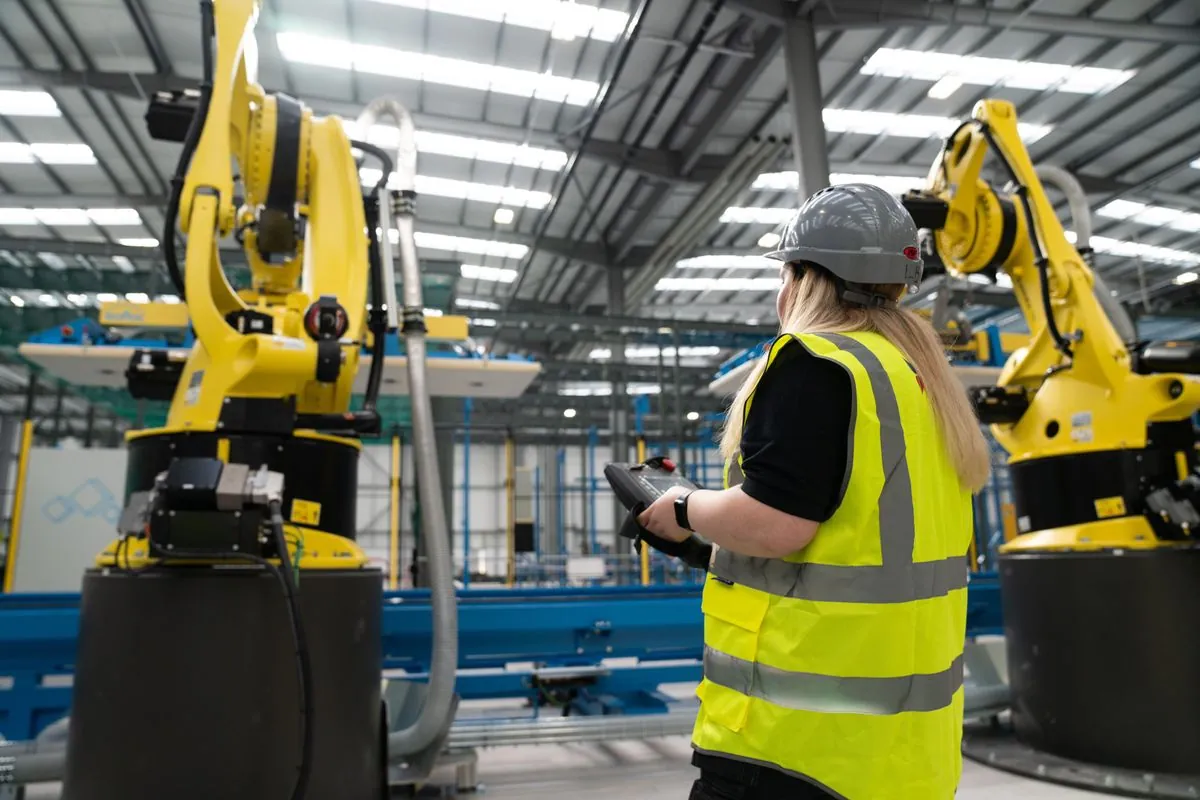The United Kingdom's inventive prowess has significantly shaped the modern world. From the supersonic Concorde to life-changing medical breakthroughs like IVF, British innovations have left an indelible mark on global progress. A study attributed to Japan's Science and Technology institute in 1981 suggested that 54% of radical inventions originating from Britain formed the foundation of the modern world.
However, the UK's economic landscape has shifted dramatically since its industrial heyday. The nation that once prided itself on manufacturing now relies heavily on services, which account for approximately 80% of its GDP. This transition has led to unintended consequences, including wage stagnation and regional economic disparities.
The current approach to innovation and growth in the UK has come under scrutiny. Various agencies and policy experts, ostensibly focused on fostering innovation, have been criticized for their ineffectiveness. The UK Research and Innovation agency (UKRI), with a substantial budget of £9 billion in 2024, faces accusations of prioritizing academic interests over practical industrial applications.
"Being a services superpower is a great advantage, but alone it is not enough: we need a serious strategy to reindustrialise, narrow the trade deficit and rebalance the economy."
Comparisons with other nations highlight potential alternative strategies. Switzerland, for instance, maintains a robust manufacturing sector, with engineering, chemicals, and pharmaceuticals contributing about 25% to its economy. Poland's manufacturing sector accounts for over 20% of its GDP, potentially positioning it to surpass the UK's GDP per capita by 2030.
The path to renewed economic growth may lie in revitalizing the UK's industrial base. As Andy Haldane, former Chief Economist at the Bank of England, pointed out, "Without industrial strategy, whatever your trade deal, you will not sell enough to pay your way in the world." This sentiment echoes the need for a balanced approach that leverages Britain's inventive capabilities while also focusing on production and export.
Reindustrialization could address several economic challenges simultaneously. It could help narrow the trade deficit, which reached £188 billion in goods in 2022, create high-skilled jobs, and foster more balanced regional development. Moreover, with global supply chains being reevaluated, there's an opportunity for the UK to position itself as a reliable manufacturing hub.
The UK's history of innovation, from the first civilian nuclear power station in 1956 to pioneering work in carbon fiber and optical communications in the 1960s, demonstrates its capacity for groundbreaking technological advancements. By coupling this inventive spirit with a renewed focus on manufacturing and industry, the UK could chart a course towards sustainable economic growth and global competitiveness.
